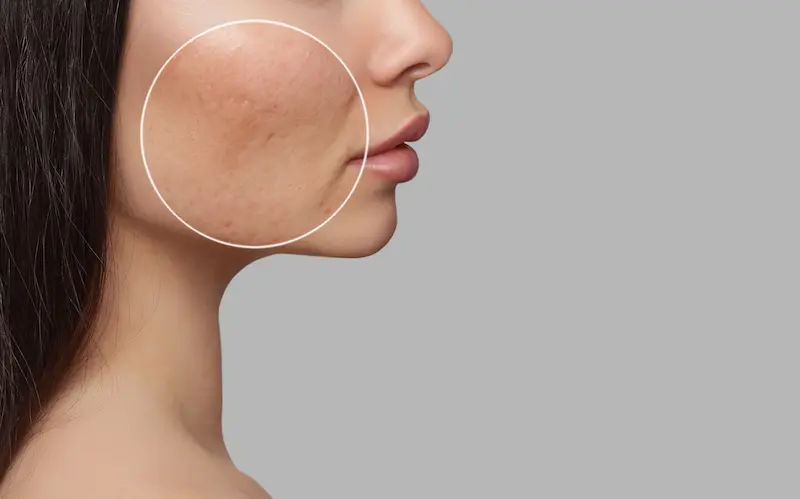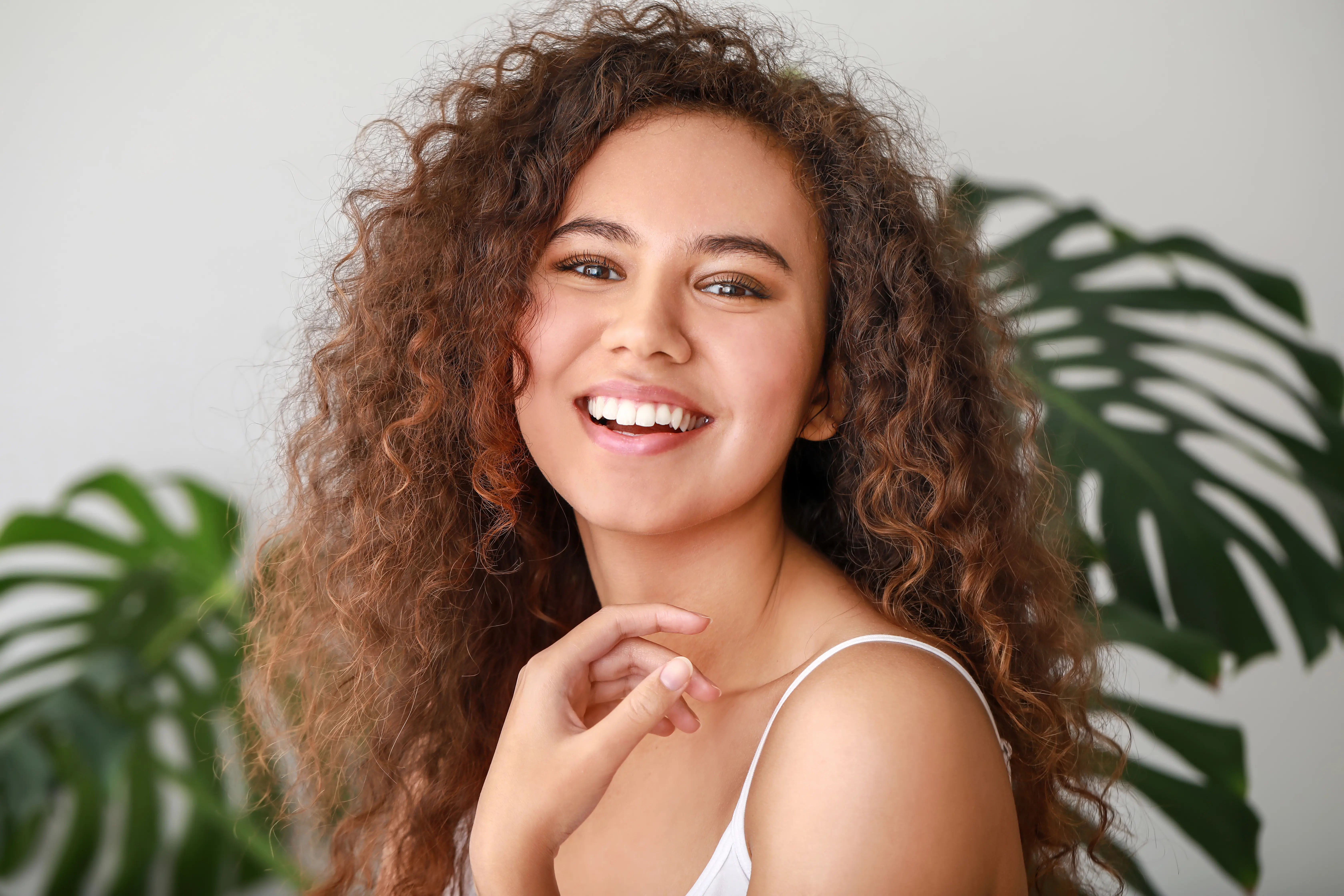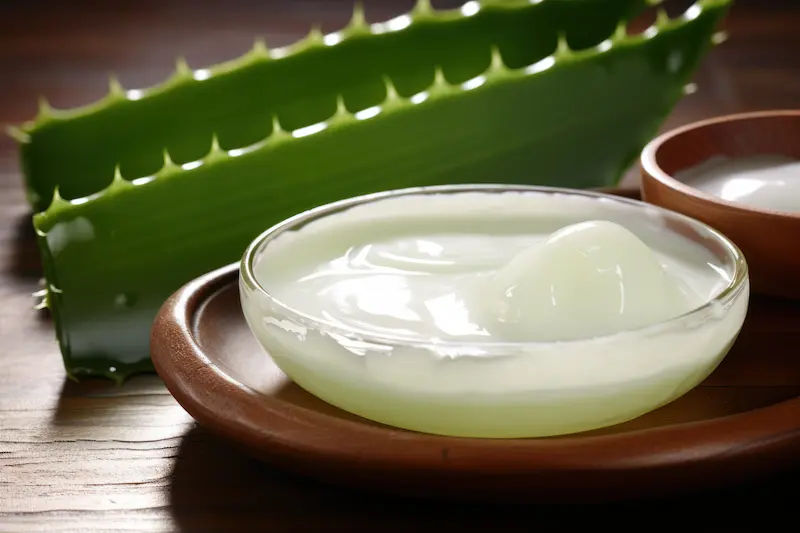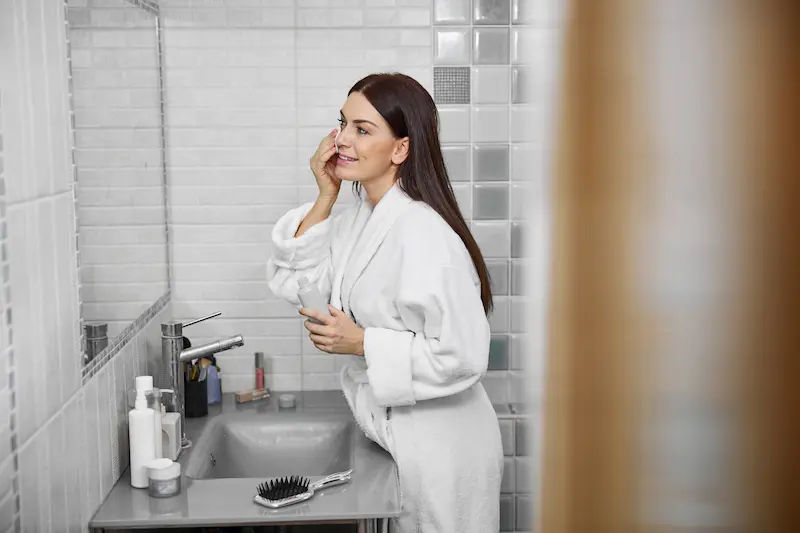Ways To Reduce Dark Circles
Discover effective ways to reduce dark circles under your eyes. Learn about lifestyle tips, home remedies, and treatments to brighten and refresh your eyes.

Written by Dr. Md Yusuf Shareef
Reviewed by Dr. Shaik Abdul Kalam MD (Physician)
Last updated on 13th Jan, 2026
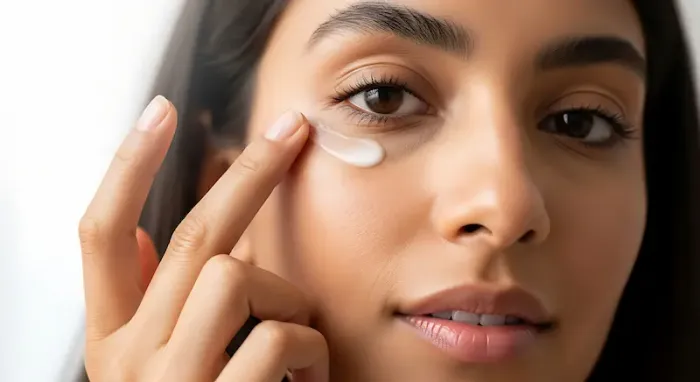
Introduction
Dark circles under the eyes are a universal concern, often making us look tired, stressed, or older than we are. While sometimes a temporary result of a late night, for many, they are a persistent frustration. The quest to find out how to reduce dark circles can feel endless, with countless creams and home remedies promising results. But the truth is, effectively treating them requires understanding their root cause. This comprehensive guide will demystify the reasons behind those stubborn shadows, from genetics and allergies to lifestyle choices, and provide a multi-faceted action plan. We will explore proven at-home treatments, advanced dermatological procedures, and crucial prevention strategies to help you achieve a brighter, more refreshed appearance.
What Exactly Are Dark Circles?
Medically known as periorbital hyperpigmentation, dark circles are simply the darkening of the skin under the eyes. This area is naturally thinner and more delicate than the rest of your facial skin, making blood vessels and underlying structures more visible. The darkness can appear as shades of blue, purple, brown, or black, depending on your natural skin tone and the underlying cause.
The Different Types of Dark Circles
Not all dark circles are created equal. Identifying your type is the first step to targeted treatment:
• Pigmented (Brown): Caused by an excess production of melanin (skin pigment), often due to genetics, sun exposure, or inflammation from allergies.
• Vascular (Blue/Purple/Red): Result from visible blood vessels and poor circulation. These are often linked to lack of sleep, fatigue, or genetics that make the skin exceptionally thin.
• Structural (Shadowed): These are not a skin discoloration but a shadow cast by anatomical structures. They are caused by volume loss (like a sunken tear trough) or puffiness (under-eye bags) that creates a shadow under certain lighting.
Consult a Dermatologist for the best advice
The Root Causes: Why Do You Have Dark Circles?
Understanding the "why" is crucial to selecting the "how."
Genetics and Family History
This is the most common factor. If your parents have prominent dark circles, you likely will too. Genetic predispositions can include naturally thinner under-eye skin, a tendency for hyperpigmentation around the eyes, or specific facial bone structures that create shadows.
Lifestyle and Environmental Factors
• Sleep Deprivation: Lack of sleep causes blood vessels to dilate and increases blood flow, making the bluish vessels more visible beneath the thin skin. It can also lead to pale, dull skin, creating a starker contrast.
• Dehydration: When your body is not adequately hydrated, the skin under your eyes can look dull and your eyes appear sunken.
• Eye Strain: Staring at screens for prolonged periods can cause the blood vessels around your eyes to enlarge.
• Alcohol and Smoking: These dehydrate the body and can accelerate the ageing process, thinning the skin.
The Natural Ageing Process
As we age, we lose collagen and fat, causing the skin everywhere to thin. The under-eye area, already delicate, becomes almost translucent. This makes the underlying network of dark blood vessels (the orbicularis oculi muscle) much more prominent, leading to a significant worsening of vascular dark circles.
Underlying Medical Conditions
• Allergies: Allergic reactions cause inflammation and prompt the body to release histamines, which dilate blood vessels and cause itchiness. Rubbing your itchy eyes exacerbates the problem by breaking capillaries and increasing inflammation, a phenomenon sometimes called "allergic shiners."
• Anaemia: A deficiency in iron can reduce the oxygen supply to tissues, making the under-eye area appear darker.
• Eczema: Chronic inflammation from conditions like eczema can lead to post-inflammatory hyperpigmentation.
How to Reduce Dark Circles Naturally at Home
For many, a consistent at-home routine can lead to noticeable improvement.
Cold Compresses and Chilled Spoons
A simple, immediate fix. Cold temperatures constrict blood vessels, reducing blood flow and the appearance of puffiness and vascular dark circles. How to: Apply a cold washcloth, chilled cucumber slices, or even the back of a refrigerated metal spoon to the area for 5-10 minutes each morning.
The Power of Topical Applications
Topical applications for reducing dark circles include:
1. Tea Bags (Caffeine)
Used, chilled caffeinated tea bags are a classic remedy. Caffeine is a vasoconstrictor and also possesses antioxidant properties that can help protect skin health. Green tea and black tea are both effective.
2. Cucumber Slices & Potato Slices
Beyond being cold, cucumbers contain antioxidants and silica, which may help soothe skin and improve elasticity. Potatoes contain catecholase, an enzyme that some believe has natural skin-lightening properties.
3. Almond Oil and Vitamin E
Rich in vitamin E and emollient properties, gently massaging a drop of almond oil into the under-eye area before bed can help moisturize the thin skin and, over time, improve its texture and tone.
Dietary Adjustments and Hydration
This is a foundational step. What deficiency causes dark circles? Often, it's iron (anaemia) or Vitamin K, B12, or E. Ensure your diet is rich in:
• Iron: Leafy greens, red meat, lentils.
• Vitamin K: Broccoli, spinach, cabbage.
• Vitamin C: Citrus fruits, bell peppers (boosts collagen and helps with iron absorption).
• Antioxidants: Berries, nuts, dark chocolate.
Crucially, drink plenty of water throughout the day to keep the skin plump and hydrated.
Advanced Solutions: Dermatological Treatments
If home remedies aren't enough, several clinical options can yield dramatic results.
Topical Prescription Creams
A dermatologist may prescribe a cream containing:
• Hydroquinone: A potent lightening agent for pigmented circles.
• Topical Retinoids (Tretinoin): Increases skin thickness and boosts collagen production, making the skin less translucent. It also helps with pigmentation.
• Vitamin C Serums: A powerful antioxidant that inhibits melanin production and protects against sun damage.
Chemical Peels and Laser Therapy
• Chemical Peels: Use acids like glycolic or kojic acid to exfoliate the top layers of skin, reducing surface pigmentation.
• Laser Therapy (e.g., Q-switched Nd:YAG, Fractional Laser): Targets melanin or stimulates collagen remodeling. Lasers can effectively treat both pigmented and vascular types by breaking down pigment or sealing off faulty blood vessels.
Dermal Fillers for Hollow Eyes
For structural dark circles caused by volume loss, hyaluronic acid fillers (like Restylane or Juvéderm) are a gold-standard treatment. Injected into the tear trough, they plump up the hollow area, eliminating the shadow that creates the dark appearance. This provides an immediate and natural-looking result.
Prevention: The Best Cure for Dark Circles
An ounce of prevention is worth a pound of cure.
Mastering the Art of Sleep
Aim for 7-9 hours of quality sleep per night. Try sleeping on your back with an extra pillow to prevent fluid from pooling under your eyes overnight.
Sun Protection is Non-Negotiable
Sun exposure worsens pigmentation by triggering melanin production. Always apply a broad-spectrum sunscreen specifically formulated for the eye area and wear UV-blocking sunglasses.
Smart Makeup Techniques to Conceal
While not a treatment, color-correcting can work wonders.
• Peach/Orange Corrector: Neutralises blue/purple tones.
• Yellow Corrector: Neutralises purple/brown tones.
Apply corrector before your skin-toned concealer for a flawless finish.
When to Consult a Doctor About Your Dark Circles
If your dark circles are severe, persistent, or only under one eye, it’s wise to seek professional advice. If your condition does not improve after trying these methods for several weeks, or is accompanied by other symptoms like itching or swelling, consult a doctor for further evaluation. They can help rule out underlying conditions like allergies, anaemia, or thyroid issues. Apollo24|7 offers convenient home collection for tests like hemoglobin (for anaemia) or allergy panels to help identify potential triggers.
Get Your Health Assessed
Conclusion
Banishing dark circles is rarely about a single miracle cure. It's a holistic process that involves understanding your unique contributing factors, be it genetics, lifestyle, or age, and adopting a consistent, multi-pronged approach. Start with the foundational steps: optimize your sleep, hydrate relentlessly, protect your skin from the sun, and manage allergies. Incorporate simple, effective home remedies like cold therapy and a nutrient-dense diet. For more persistent concerns, remember that modern dermatology offers powerful solutions, from targeted topicals to advanced procedures. Be patient and consistent; results take time. If you've tried everything and are still concerned, don't hesitate to seek professional guidance to uncover any underlying issues and explore the most effective treatment path for you.
Consult a Dermatologist for the best advice
Consult a Dermatologist for the best advice

Dr. Pranoti Deshpande
Dermatologist
5 Years • MBBS, MD (Dermatology, Venereology and Leprosy)
Hyderabad
Apollo Hospitals D R D O kanchanbagh, Hyderabad
(175+ Patients)

Dr. S Madhuri
Dermatologist
10 Years • MBBS, MD. DVL, DNB, Fellow (Dermatosurgery & Lasers)
Secunderabad
Apollo Hospitals Secunderabad, Secunderabad
(450+ Patients)

Dr. Bhavya Swarnkar
Dermatologist
14 Years • MBBS, MD, DNB (Dermatology, Venereology & Leprosy) Former Senior Resident, Department of Dermatology- AIIMS, New Delhi. Associate Consultant - Dermatology.
Bilaspur
Apollo Hospitals Seepat Road, Bilaspur
(250+ Patients)
Dr. Agnes Blessy
Dermatologist
5 Years • MBBS., M.D.(Dermatology, Venereology & Leprosy)
Chennai
Apollo Hospitals Tondiarpet, Chennai

Dr. Daisy Ahluwalia
Dermatologist
4 Years • MBBS, MD Dermatology , Venereology & Leprosy
Gurugram
SQUARE ROOTS- HAIR, SKIN AND LASER CLINIC, Gurugram
Consult a Dermatologist for the best advice

Dr. Pranoti Deshpande
Dermatologist
5 Years • MBBS, MD (Dermatology, Venereology and Leprosy)
Hyderabad
Apollo Hospitals D R D O kanchanbagh, Hyderabad
(175+ Patients)

Dr. S Madhuri
Dermatologist
10 Years • MBBS, MD. DVL, DNB, Fellow (Dermatosurgery & Lasers)
Secunderabad
Apollo Hospitals Secunderabad, Secunderabad
(450+ Patients)

Dr. Bhavya Swarnkar
Dermatologist
14 Years • MBBS, MD, DNB (Dermatology, Venereology & Leprosy) Former Senior Resident, Department of Dermatology- AIIMS, New Delhi. Associate Consultant - Dermatology.
Bilaspur
Apollo Hospitals Seepat Road, Bilaspur
(250+ Patients)
Dr. Agnes Blessy
Dermatologist
5 Years • MBBS., M.D.(Dermatology, Venereology & Leprosy)
Chennai
Apollo Hospitals Tondiarpet, Chennai

Dr. Daisy Ahluwalia
Dermatologist
4 Years • MBBS, MD Dermatology , Venereology & Leprosy
Gurugram
SQUARE ROOTS- HAIR, SKIN AND LASER CLINIC, Gurugram
More articles from Skin Care
Frequently Asked Questions
1. Can dark circles be permanently removed?
It depends on the cause. Genetically inherited or structurally-based dark circles cannot be 'cured' but can be effectively managed and significantly reduced with consistent treatment and maintenance. Those caused by temporary factors like lack of sleep or dehydration can be completely reversed.
2. What is the fastest way to get rid of dark circles overnight?
While no method is instantaneous, applying a cold compress or chilled spoons for 5-10 minutes will temporarily constrict blood vessels, reducing puffiness and the appearance of bluish circles. Ensuring you are well-hydrated also helps plump the skin quickly.
3. Does lack of sleep cause dark circles?
Yes, absolutely. Sleep deprivation causes pale skin and dilates blood vessels, making the bluish veins beneath your eyes much more visible. It is one of the most common temporary causes.
4. What is the best cream for dark circles?
Look for eye creams containing ingredients targeted to your circle type: Caffeine (for puffiness and vascular circles), Vitamin C (for pigmentation and antioxidant protection), Retinol (to thicken skin and boost collagen), Hyaluronic Acid (for hydration and plumping), and Vitamin K (to support blood vessel health).
5. Can allergies cause dark circles?
Yes. Chronic allergies lead to inflammation and dilated blood vessels around the eyes. The constant rubbing and itching of the eyes can further break capillaries and darken the skin, a tell-tale sign often called 'allergic shiners.'

